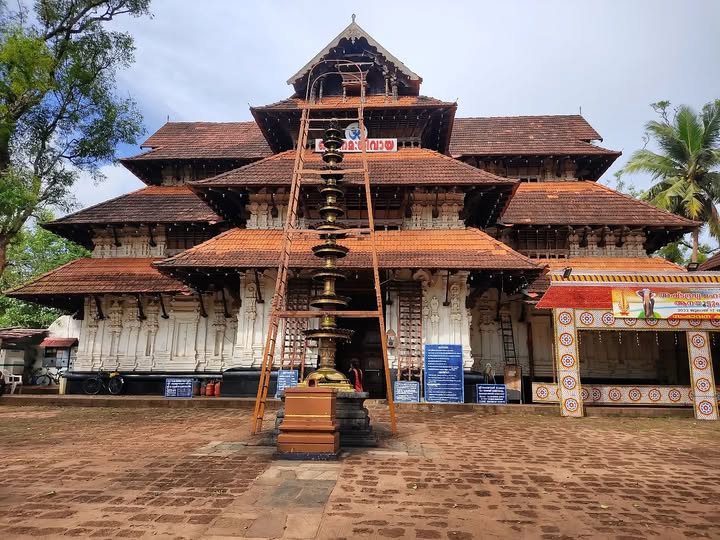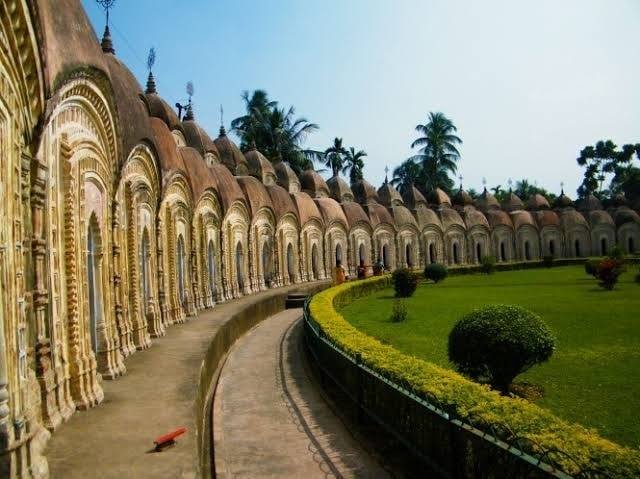Alwar, Rajasthan City Guide: Where To Go, Stay, Eat, And shop in India’s best city.
Alwar is a historic city in the state of Rajasthan, India, known for its rich cultural heritage, majestic forts, and picturesque landscapes. It is located in the northeastern part of Rajasthan, approximately 150 kilometers south of Delhi and about 150 kilometers north of Jaipur. Alwar is often referred to as the “Gateway to Rajasthan” due to its proximity to the national capital and its location on the edge of the Aravalli Range.
Key Features of Alwar:
- Historical Significance:
- Alwar has a rich history dating back to the ancient kingdom of Matsya, mentioned in the Mahabharata.
- It was ruled by various dynasties, including the Rajputs, Mughals, and Marathas, before becoming a princely state under the Kachwaha Rajputs.
- The city was founded in 1775 by Maharaja Pratap Singh, who established the Alwar Kingdom.
- Architectural Heritage:
- Alwar Fort (Bala Qila): A majestic fort perched on a hill, offering panoramic views of the city. It dates back to the 15th century and is a fine example of Rajput architecture.
- City Palace: Located in the heart of Alwar, this palace is a blend of Rajput and Mughal architectural styles. It now houses a museum with a rich collection of artifacts, manuscripts, and weapons.
- Siliserh Lake Palace: A beautiful lake palace built by Maharaja Vinay Singh in 1845. It is now a heritage hotel and a popular tourist spot.
- Moosi Maharani Ki Chhatri: A cenotaph dedicated to the rulers of Alwar, known for its intricate carvings and design.
- Natural Beauty:
- Sariska Tiger Reserve: Located about 35 kilometers from Alwar, this national park is part of the Aravalli Range and is home to tigers, leopards, and various other wildlife species.
- Siliserh Lake: A serene lake surrounded by hills, ideal for boating and picnics.
- Bhangarh Fort: Located about 80 kilometers from Alwar, this 17th-century fort is famous for its haunted legends and architectural beauty.
- Cultural Heritage:
- Alwar is known for its vibrant culture, including folk music, dance, and traditional Rajasthani festivals.
- The city is famous for its Alwar Ghevar, a sweet delicacy, and Kalakand, a milk-based dessert.
- The annual Alwar Festival showcases the region’s art, culture, and traditions.
- Religious Sites:
- Neelkanth Temples: A group of ancient temples dedicated to Lord Shiva, located in the Aravalli hills.
- Karni Mata Temple: A popular temple dedicated to Karni Mata, located near the Alwar Fort.
- Tomb of Fateh Jung: A Mughal-era tomb with intricate carvings and architecture.
- Economy:
- Alwar’s economy is primarily based on agriculture, tourism, and small-scale industries.
- The city is also part of the National Capital Region (NCR), which has led to industrial growth and development in recent years.
- Transportation:
- Alwar is well-connected by road and rail. The Alwar Junction railway station is a major stop on the Delhi-Jaipur route.
- The city is accessible via National Highway 48 (formerly NH 8), which connects Delhi and Jaipur.
- Education and Healthcare:
- Alwar has several schools, colleges, and universities, including the prestigious Rajasthan Institute of Engineering and Technology (RIET).
- The city has a network of hospitals and healthcare facilities catering to the local population.
Challenges:
- Like many historic cities, Alwar faces challenges such as urbanization, pollution, and the need for infrastructure development.
- Efforts are being made to preserve its heritage sites and promote sustainable tourism.
Alwar is a fascinating blend of history, culture, and natural beauty, making it a must-visit destination in Rajasthan. Whether you’re exploring its forts, enjoying its scenic lakes, or indulging in its culinary delights, Alwar offers a unique experience for travelers.

![Alwar, Rajasthan City Guide: Where To Go, Stay, Eat, And shop in India’s best city. [Updated-2025]](https://traveloinfo.com/wp-content/uploads/2025/02/Alwar-Rajasthan.jpg)
![Best Places to Visit in Bhubaneswar, Odisha [Updated-2025]](https://traveloinfo.com/wp-content/uploads/2025/06/sun-temple-odisha.png)
![Best Places to Visit in Brahmapur (Berhampur), Ganjam, Odisha [Updated-2025]](https://traveloinfo.com/wp-content/uploads/2025/06/berhampur123.jpg)



![Bangalore, Karnataka City Guide: Where To Go, Stay, Eat, And shop in India’s best city. [Updated-2025]](https://traveloinfo.com/wp-content/uploads/2025/02/bangaloref.jpg)
![Hyderabad, Telangana City Guide: Where To Go, Stay, Eat, And shop in India’s best city. [Updated-2025]](https://traveloinfo.com/wp-content/uploads/2025/02/hydrabad1.jpg)
![Ahmedabad, Gujarat City Guide: Where To Go, Stay, Eat, And shop in India’s best city. [Updated-2025]](https://traveloinfo.com/wp-content/uploads/2025/02/ahemadabad1.jpg)